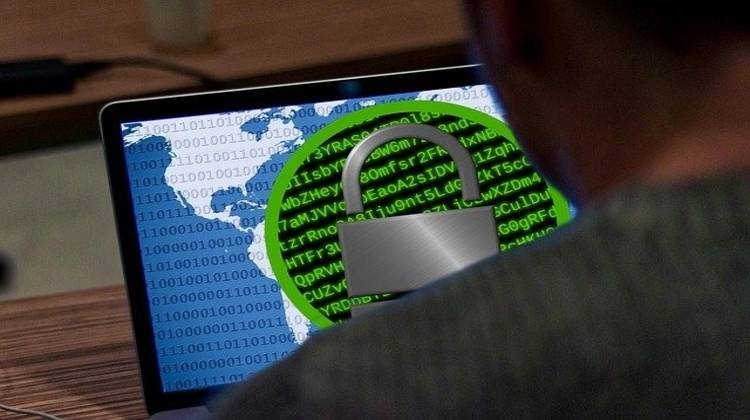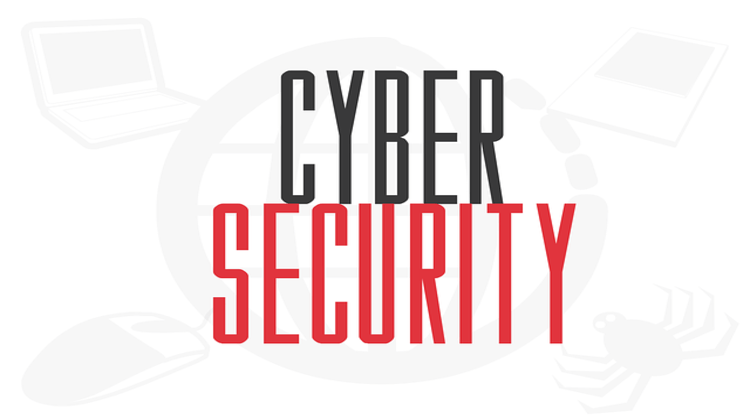As digitally secure business networks become more important to protect valuable and proprietary business data, owners and IT specialists are giving thought to if they have the necessary hardware to back up all the software tools and security measures that are put in place.
Secure hardwareis necessary to power a secure internet but some experts believe that today’s hardware is constantly trying to catch up as the internet develops ever further and becomes more advanced, bringing with it a whole new set of risks and security concerns.
Priorities are being refocussed as cyber security matures, and there are more considerations of resources.
Once upon a time it was enough to simply manage the flow of information through using firewalls and basic security protocols.
Today things are very different. To be effective cyber security specialists must investigate and test even the information that is allowed through the firewall.
While traditional security methods screened email data packets to try and identify already known malicious senders, now the technology is asked to read the mail before its allowed through the system. Additional layers of security, touchpoints and inspections of course expend an extra amount of resources but users still expect them to be completed in the same period of time without slowing them down.
Security infrastructure uses up more computing power that actually running the networks themselves and is tasked with detecting threats like malware and other system intrusions.
Security today must also manage end to end devices, and trying to shore up these external defences is more complex. Defences must go beyond just the firewall and instead be present throughout the entire network, not just around it.
This level of tasks require a far larger power source, and in turn requires a greater quality of the hardware to support cyber security performance.

Faster chips
It will always be key to have amazing programming set up to shield your business from digital security dangers. The adaptability of security software helps it adjust to the ever moving styles of digital attacks launched by hackers.
It will also remain the case that software must be powered by high quality hardware in order to elevate its truecapabilities and respond to greater processing demands. Specialised microchips may be the answer as these advance and become more powerful each year they provide staggering leaps of computing power which speeds up processing times for security services.
Growing costs
The internet has created a consistent game of catch-up being played out as developers push forward with new innovations.
What has also become clear is thatbusiness are learning the true costs of not protecting their data and networksonline. It’s evident that cyber security is something that UK businesses cannot afford to ignore any longer and is now a priority for many. As the internet changes and develops, delivering the possibility of application networking and the computational demands and the ability to protect it from intrusion will only drive costs higher.
Security experts can and do continue to develop new ways to protect sensitive online data from cyber criminals and hackers, while the associated costs to companies over time have increased significantly to reflect this.
20 years ago just 2% of tech budgets were spent on cyber security, while fast forward today and the figure has jumped to upwards of 10%. The predictions show that this is likely to increase nearer to the 50% mark over time. The answer to better security against cyber crime is to give your business networks more power and the ability to protect itself from within. The IoT may serve as an example of this. Connected devices such as self-driving cars could have powerful hardware installed during the build phase that can help provide a secure communications network, and the cost of the hardware would be factored into the overall cost of manufacture.
Hardware Integration
There are certain strategies IT departments can use to take advantage of powerful hardware and improve data security. This involves using both vertical and horizontal hardware integration strategies. Integrating your networks horizontally involves all encompassing security solutions for all endpoints including desktops, mobile phones and tablets, laptops, email servers and entire networks.
Once integrated, operations should become relatively automatic – smooth and uninterrupted. Very quickly, the demand for faster processing will become obvious, and vertical integration of specialist hardware is then required to manage performance of the horizontal plane.
This comprehensive approach should provide the most robust protection and the best performance, while end user experiences of this secure and high-performing digital environment should be simple, fast and secure.

Foundation for good cyber security
It really cannot be understated how important the right hardware is for good cyber security operations in the workplace.
As the level of cyber security software and applications advances it is important to realise that it won’t be able to help IT teams and businesses to its full potential without the computational hardware to back it up. In order to make the most of your software you’ll also need to make smart, strategic investments in hardware to give your business the strongest platform to succeed.
Computers in the City, your IT partner
Computers in the City is London’s longest-standing IT partner. With over 20 years’ experience, we can assist you with email and IT support.
We’re proud to be local, offering 24-hour support in straightforward language that takes the stress out of IT.
